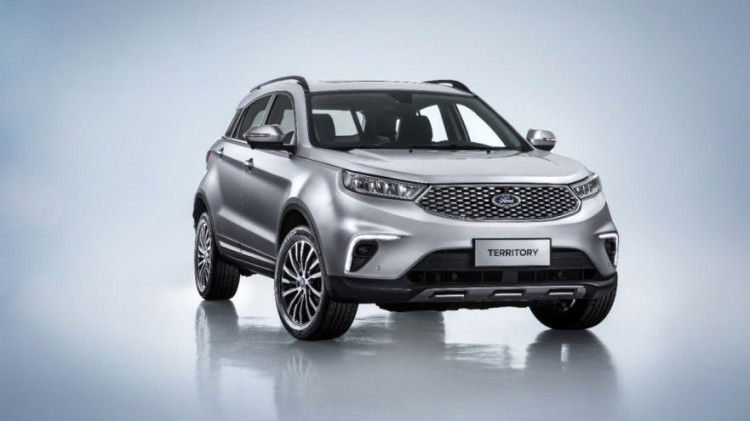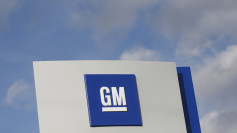Ford unveils the new Territory SUV in China to further its market reach in the country. The new vehicle, to go on sale by 2019, boasts of being fuel-efficient, 48V mild hybrid with Miller-Cycle technology, and having a plug-in hybrid powertrain.
The Ford Territory SUV will also have an infotainment system with automatic Mandarin voice-command function, a Co-Pilot 360 suite of driver assistance technologies, and features such as Adaptive Cruise Control and FordPass Connect.
Ford worked with the Jiangling Motors Corporation to develop the SUV. JMC made sure that Ford designs the vehicles with careful consideration of the distinct Chinese lifestyle and preferences. The Ford Territory has been test-driven at the automaker's testing centers in Nanjing and Melbourne. JMC's Xiao Lan plant will be manufacturing the Territory.
Ford said the fast-emerging Chinese cities were what they have as the market for the SUV instead of the already developed Beijing and Shanghai. The automaker based its decision on a recent survey from the HIS Markit's "China Provincial Forecast.
The survey stated that passenger vehicles in Chinese cities with no license plate restrictions are expected to soar to about 23.7 million in 2020, up from 10.8 million in 2010. On the other hand, registrations in cities with plate restrictions are expected to decline to 1.6 million in 2019 from 2.2 million in 2010.
Furthermore, a separate auto consumer survey from McKinsey's China revealed that midsize SUV market had an annual growth rate of 38 percent in China between 2012 and 2016.
"The Territory is a breakthrough for Ford in China regarding our ability to successfully compete with Chinese automakers for millions of customers that we do not currently serve," said Peter Fleet in a statement. Fleet is the president, chairman & CEO for Ford China.
"We brought Territory to market with speed, high quality, and cost efficiency. It will be affordable for young families and new buyers across China, not just the coastal mega-cities. And the technology will delight customers," Fleet explained.
Ford is fundamentally strong in China according to Paul Gong, an analyst at UBS. The company may have suffered a sales crop due to stale product lineup, but it will manage to make a comeback with its introduction of a fresh product, Gong told The Wall Street Journal.
In fact, Gong thinks the most vulnerable to strong local competition are the Korean and European mass-produced cars.
Ford has suffered a 26 percent decline in sales in China in the first half of 2018. The company had only managed more than 400,000 vehicles in China within the six-month period according to The Wall Street Journal.
The automaker has yet to comment on how the ongoing US-China trade war may impact its production. Ford had imported approximately 84,000 vehicles to China from the United States. Similar imports at this time will be subjected to higher tariffs.






